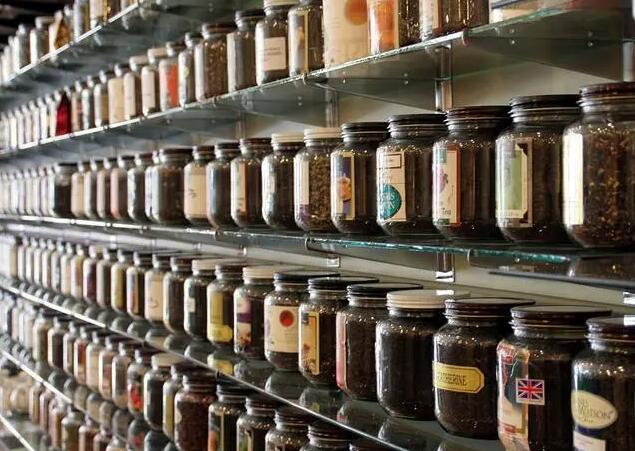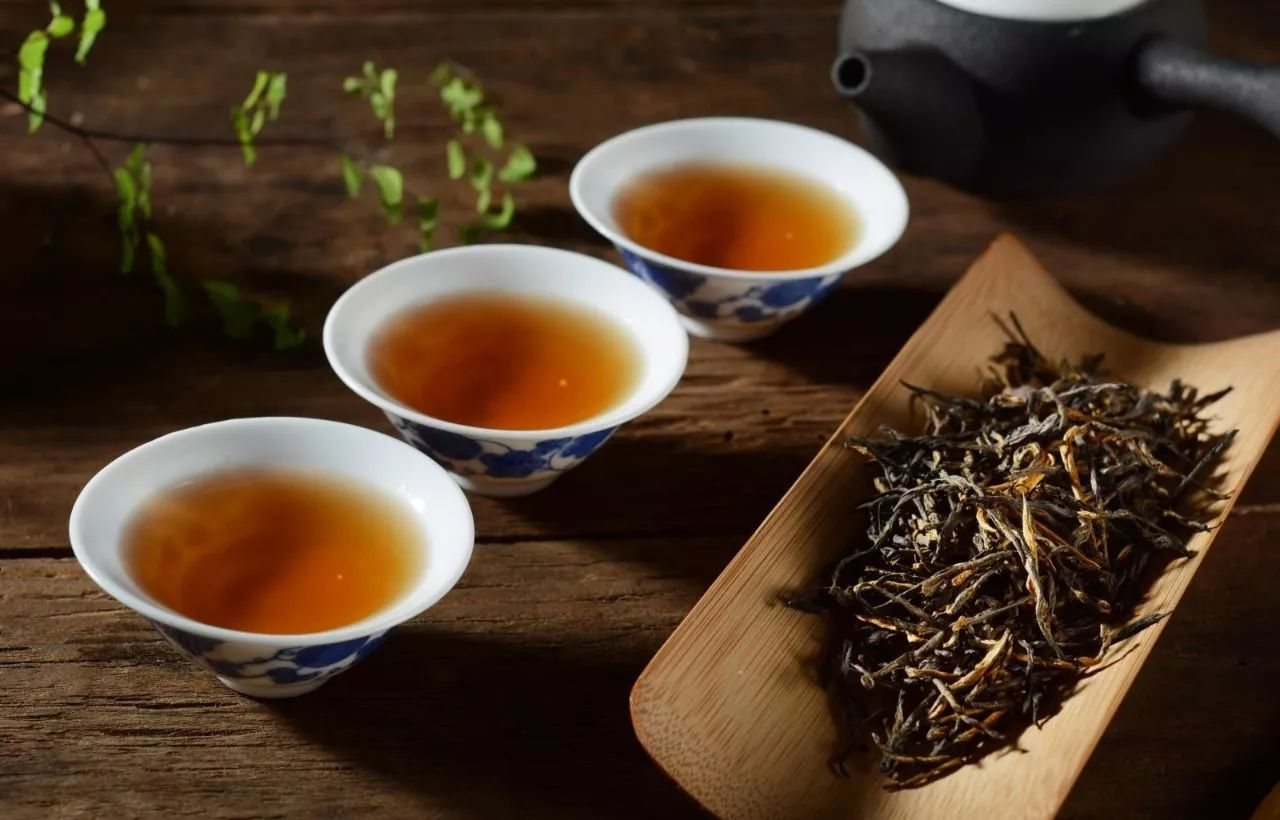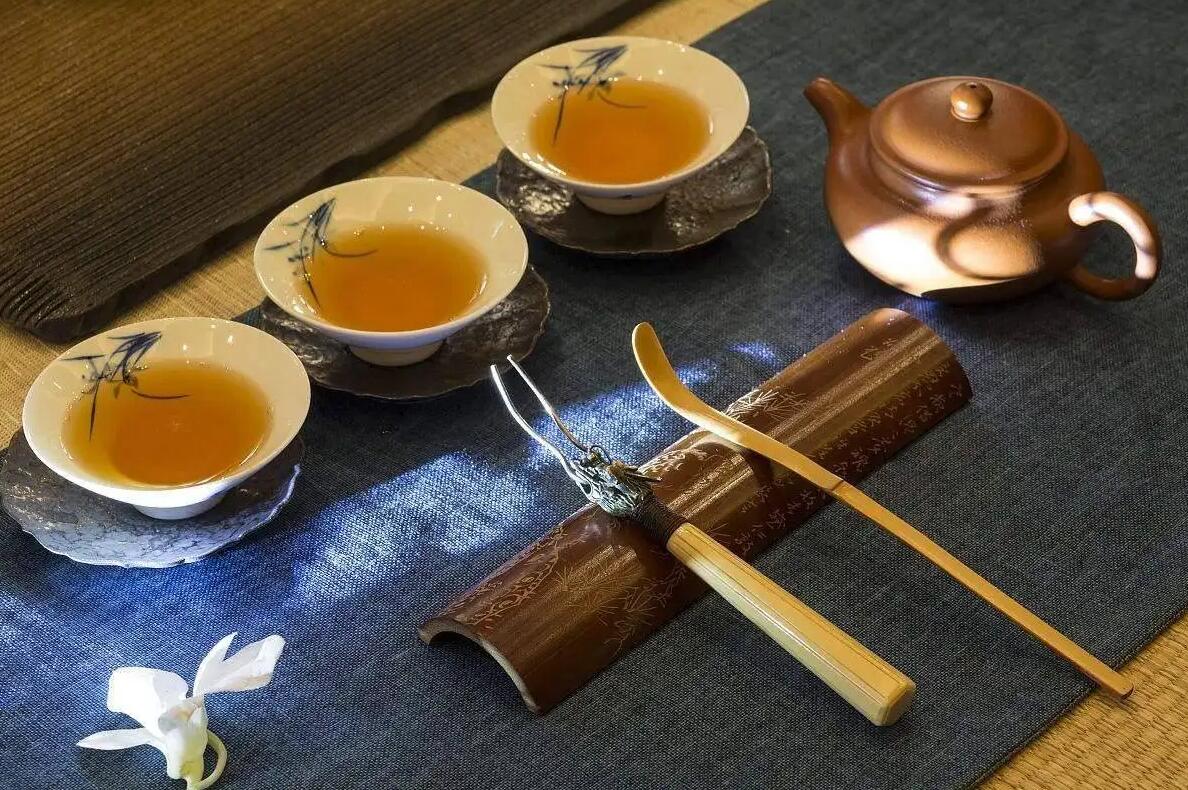"Tea comforts the spirit banishes passivity, lightens the body and adds sparkle to the eyes"
Shen Nong, Medicinal Herbs
Ever since Shen Nong discovered the stimulating and detoxifying properties of tea some 4,000 years ago, humans have been interested in its medicinal properties. It is these properties that first made it popular; at a time when it was considered a medicine. It was thought that its bitter taste stimulated wakefulness, good overall health and the acquisition of great wisdom. In Chinese medicine, during the Tang and Song dynasties, the medicinal effects of tea were recognized more and more. It was recommended to cure and prevent various ills, such as headaches, dark thoughts and bad digestion as well as to dissolve fats. A few centuries later, Li Shizhen (1518-1593), physician and author of Compendium of Materia Medica, claimed that tea could regulate the body's internal temperature, calm anxiety, dissolve fats and improve concentration.
Although the stimulating, diuretic and antibacterial properties of tea were recognized by Chinese medicine a very long time ago, it is only recently that modern science has confirmed these benefits. Because of its antioxidant effects, the health benefits of tea are arousing a lot of interest in the medical community, particularly in the areas of cancer prevention and the treatment of degenerative and cardiovascular diseases. Today, we no longer believe that tea is an elixir of immortality or has the mystical powers attributed to it by the Taoists of yore. However, It has virtues that contribute to longevity by stimulating heart function, strengthening the immune system and preventing cellular mutations.
Of course, processing brings out new chemical elements in the leaves, which change their taste as well as their properties, and so each family of tea has its own specific qualities.
THE PROPERTIES OF WHITE TEA
Refreshing and thirst quenching, in China, white tea is consumed mainly in the summer According to Chinese medicine, it helps to counteract excessive heat and alleviates the symptoms of menopause.
THE PROPERTIES OF GREEN TEA
According to recent studies, green tea appears to contain a higher number of polyphenols than other tea families, making it increasingly popular in the West over the last few years. Thanks to jts antioxidant properties, green tea could prevent certain forms of cancer. Also said to enhance intellectual performance, green tea contains more iron, vitamins and catechins than black tea. The dehydration method used in the processing of green tea produces a higher polyphenol content in the leaves.
THE PROPERTIES OF WULONG TEA
Regular consumption of wulong tea (just over 1/4 ounce 1/8 grams per day) is said to have a slimming effect by stimulating the metabolizing of lipids. Its relaxing, anti-stress, even euphoric effect is said to be due to the high concentration of aromatic oils, which are drawn out from the leaves during rolling.
THE PROPERTIES OF BLACK TEA
The enzymatic oxidation undergone by the leaves during the processing of black tea converts some of the catechins into theaflavins and thearubigins and destroys some of the vitamins. On the other hand, the caffeine in black tea is released more rapidly into the bloodstream over a shorter period compared to green tea, as oxidation partially separates it from the tannins. This means that black tea is more effective as a physical stimulant than green tea.
THE PROPERTIES OF PU ER TEA
Because of its specific properties, Pu er tea has long been used as a dietary supplement by many nomadic tribes and ethnic groups living in regions of Asia. As these people ate mostly very fatty yak meat, tea allowed them to balance their diet, counteracting the fat Today the purging qualities of Pu er teas are recognized as helping specifically to regulate the body and stimulate digestion. Pu er also helps eliminate cholesterol from the body.
ANTIOXIDANTS
Studied for their antioxidant effects, the polyphenols contained in tea have been the subject of much research in recent years. Research shows that the abundant presence of catechins (molecules belonging to the polyphenols group) in green tea may act as a powerful antioxidant (thereby neutralizing free radicals), which may help prevent the effects of aging and the onset of illnesses such as cancer and cardiovascular disease. Polyphenols protect the body against cell damage, in particular, by fighting the breakdown of cellular membranes caused by various stressors (smoke, pollution, viruses, etc.). They may also prevent the development of the metastases that lead to cancerous tumors.
THE MAJOR PROPERTIES OF TEA
Here are some of the many beneficial properties attributed to tea:
• It supports die heart system.
• It activates circulation.
• It helps detoxification and the elimination of toxins.
• It fights hypertension.
• It reduces fatigue.
• It slows the aging process.
• It helps prevent certain types of cancer.
• It helps digestion.
• It reduces cholesterol.
• It balances body temperature.
• It strengthens the immune system.
• It enhances concentration.
In general, drinking tea regularly reduces the risk of coronary disease and helps strengthen vascular walls while increasing the elasticity of blood vessels. It also slows the absorption of sugars and fats, controls hypertension and helps prevent food poisoning.
IRON ABSORPTION
Tea facilitates digestion by stimulating the elimination of fats. On the other hand, it can inhibit the absorption of iron and calcium from foods. For this reason, drinking tea with meals is not recommended, nor is drinking tea during the half hour before or after a meal.



